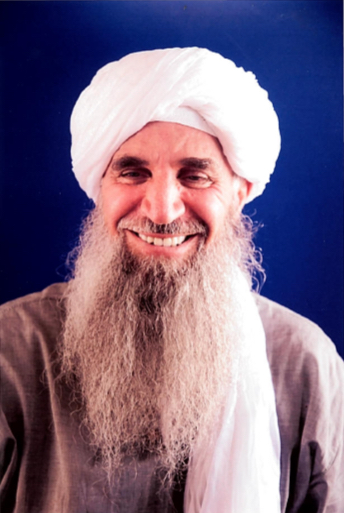US Faces Legal Challenge Over Plan to Transfer Disabled Guantanamo Prisoner to Iraq Amid Torture Fears


London - The US is violating the Non-Refoulement principle by sending a dual Afghan-Iraqi national Guantanamo prisoner to an Iraqi prison. His lawyers have filed a 27-page habeas corpus application to prevent the transfer. The case is due to be heard on Friday, 10 January.
Nashwan Al-Tamir (Abd al-Hadi al-Iraqi), 64, is the oldest and most severely disabled prisoner in Guantanamo Bay. He was arrested in 2006 in Turkey and separated from his wife and four children during a medical trip to address a degenerative spinal disease he suffers from. He was then handed over to the CIA, who tortured him at black sites before transferring him to Guantanamo Bay in 2007.
In 2022, after years of detention, Nashwan pleaded guilty before a Guantánamo military commission, often described as a “kangaroo court,” to charges related to being a field commander fighting the US forces in Afghanistan.
In early 2025, reports emerged that the US had secretly planned to transfer Nashwan Al-Tamir from Guantanamo to an Iraqi prison, in breach of the plea agreement and the well-established principle of “non-refoulement.”
CAGE International has launched a campaign calling on the public to petition the courts that will rule on Nashwan's case.
Moazzam Begg, CAGE International Senior Director and former Guantanamo Bay Prisoner said:
“After suffering two decades in Guantanamo it is beyond reason that Nashwan Al-Tamir is being sent by the US to Iraq to continue his imprisonment. Iraq contains some of the most notorious prison camps in modern history, including Abu Ghraib where the aftershock of prisoner abuse, humiliation and torture occurred not long ago.
Additionally, recent cases of detainee abuse - including summary executions - have been recorded before, during and long after the US invasion and, the fall of Islamic State.
Non-refoulement is a principle of international law that the US has generally avoided regarding transfer of Guantanamo prisoners. It is of grave concern that that consideration is being ignored in favour of assurances given by a country where torture and human rights violations are rife.
Having met with Nashwan’s family in Kabul several times, the trauma of children who’ve grown up with the hope of reunification with their father appears unending. This is unacceptable.
Nashwan’s ordeal needs to end, not restart once again.”
Download Files








